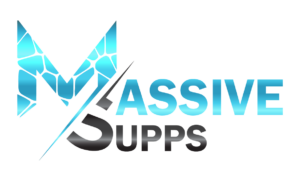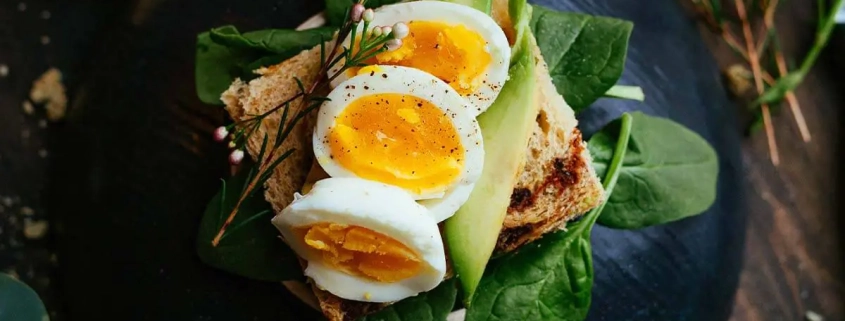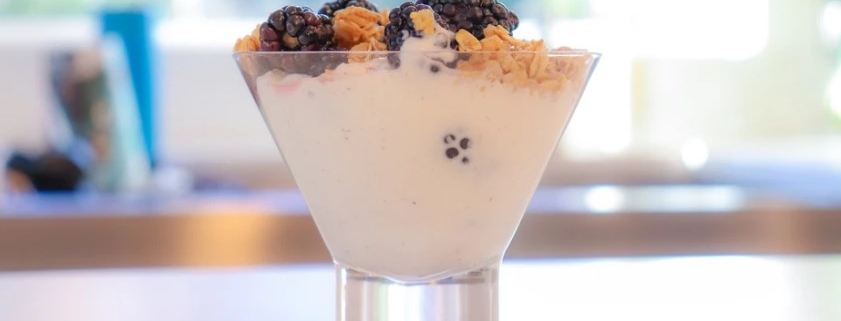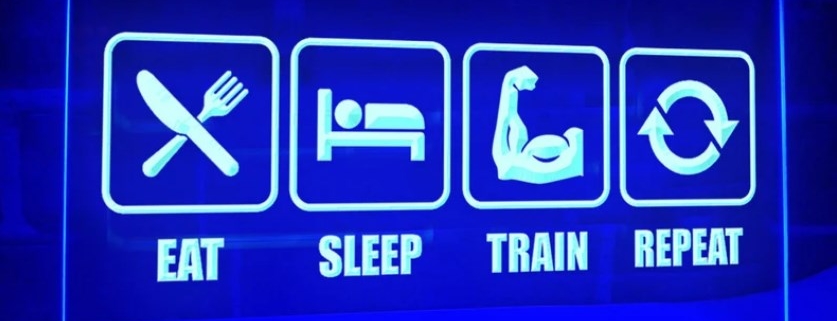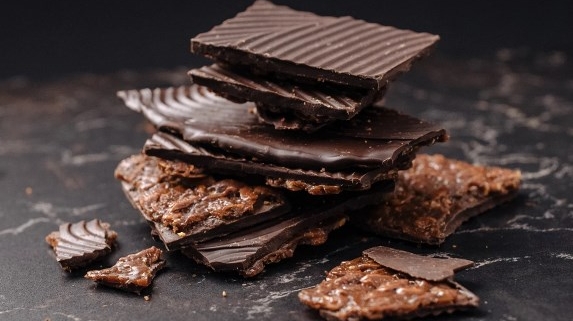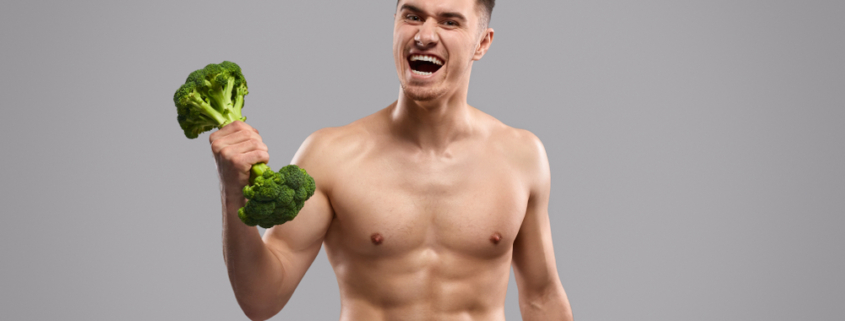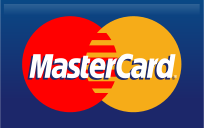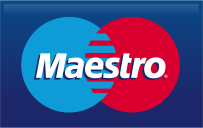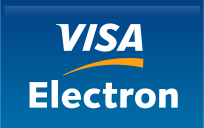Pre- and post-workout foods are essential when training for success. The challenge: there is a general misconception about what foods and nutrients actually do for recovery and reaching your workout goals. A study among fitness enthusiasts shows, for instance, that half of the participants think that consuming carbohydrates after a workout can lead to less optimal results. Moreover, one-third of the participants don’t want to consume any calories at all directly after a workout.(1)
When Googling “pre- and post-workout foods,” you get more than 20 million results. But what’s actually hard to find is a clear and comprehensive overview about what happens to the body when working out, why the kind of workout you do matters, and how that relates to what needs to be on your shopping list.
Read more